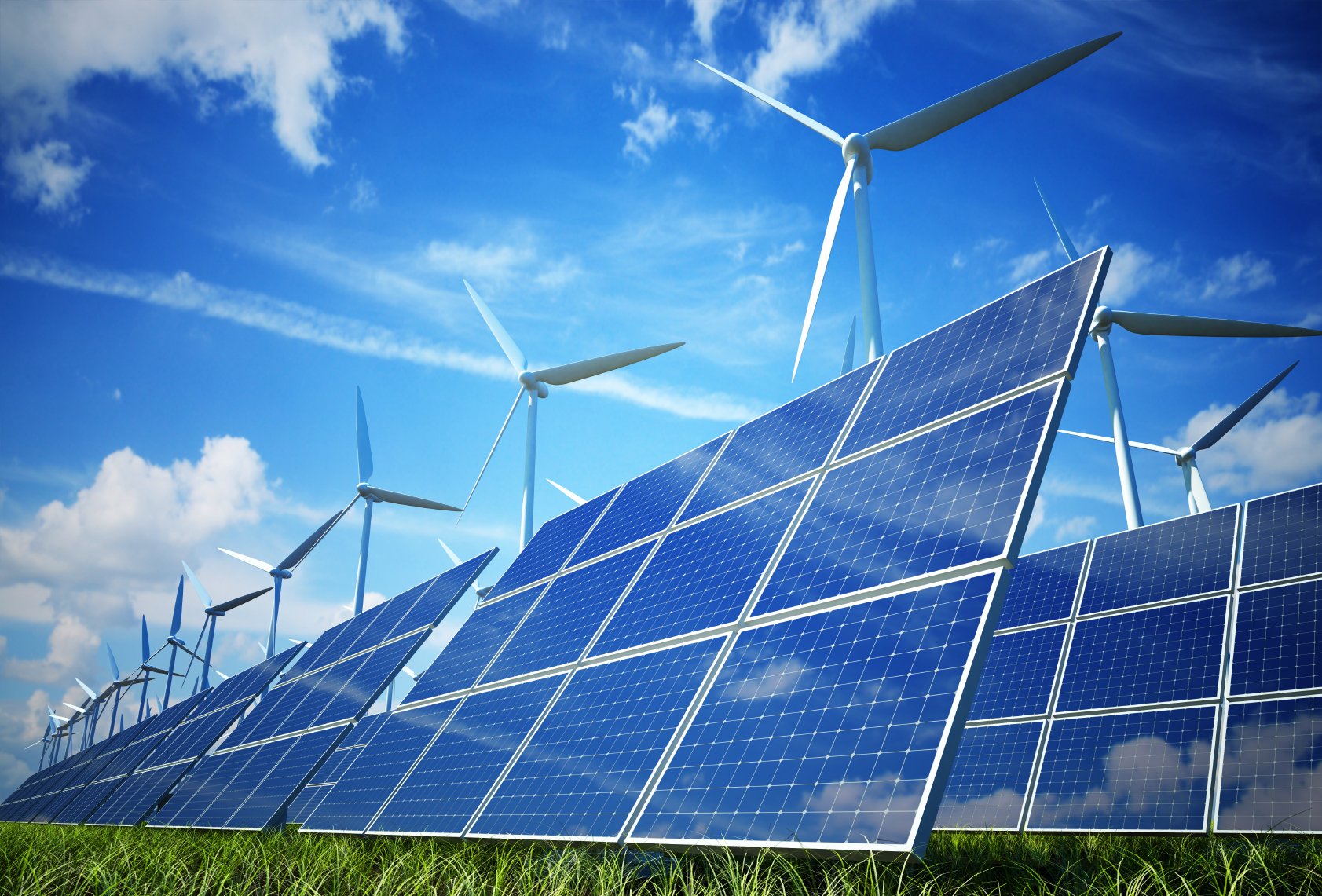Green Energy Revolution: Decarbonising Utilities Sector for a Sustainable Future
Key Ideas
- The UAE leads the green energy transition with projects like the Mohammed bin Rashid Al Maktoum Solar Park and initiatives for green hydrogen production.
- Key pillars for decarbonising utilities sector include renewable energy integration, grid modernisation, electrification, and supportive policy frameworks.
- Challenges like managing renewable energy variability and policy uncertainty exist, but the benefits include new business models, job creation, and enhanced energy security.
- Decarbonising utilities not only addresses environmental needs but also presents economic and social opportunities, transforming energy systems globally.
The global push to combat climate change has highlighted the necessity of decarbonising the utilities sector, a significant contributor to global carbon emissions. The article emphasizes the importance of utilities in leading the transition to green energy, highlighting the UAE's efforts in this direction. The UAE's initiatives like the Net Zero by 2050 strategic initiative and projects such as the Mohammed bin Rashid Al Maktoum Solar Park showcase the country's commitment to clean energy. It discusses the pivotal role of renewable energy integration, grid modernisation, electrification of end-use sectors, and the need for supportive policy frameworks in achieving decarbonisation. While challenges like renewable energy variability and policy uncertainties exist, the benefits include the creation of new business models, job opportunities, and improved energy security. The article concludes by stressing that the time to act on decarbonisation is now, presenting both challenges and immense opportunities for utilities to contribute to global climate resilience.
Topics
Middle East
Renewable Energy
Sustainability
Energy Transition
Technology Innovation
Climate Goals
Economic Opportunity
Social Impact
Policy Coherence
Latest News
